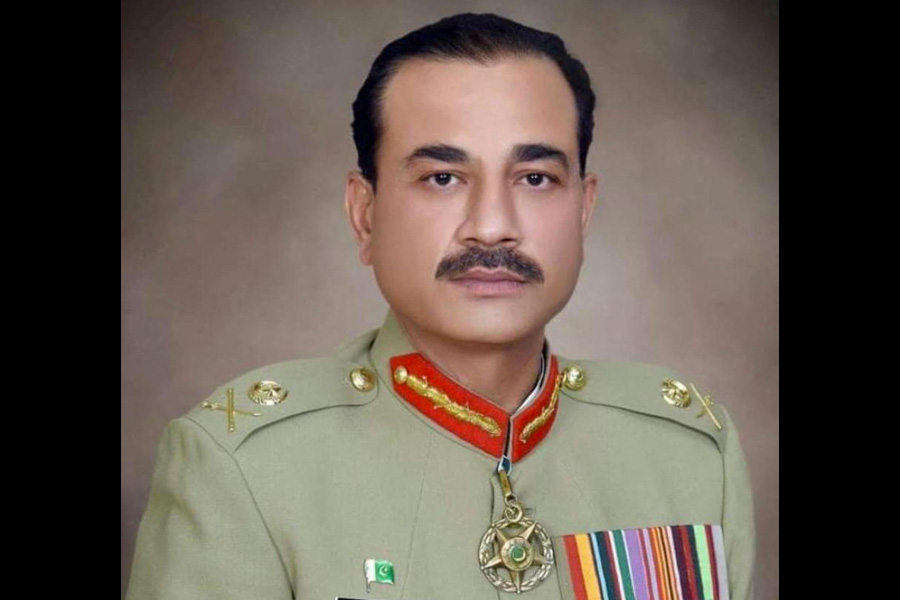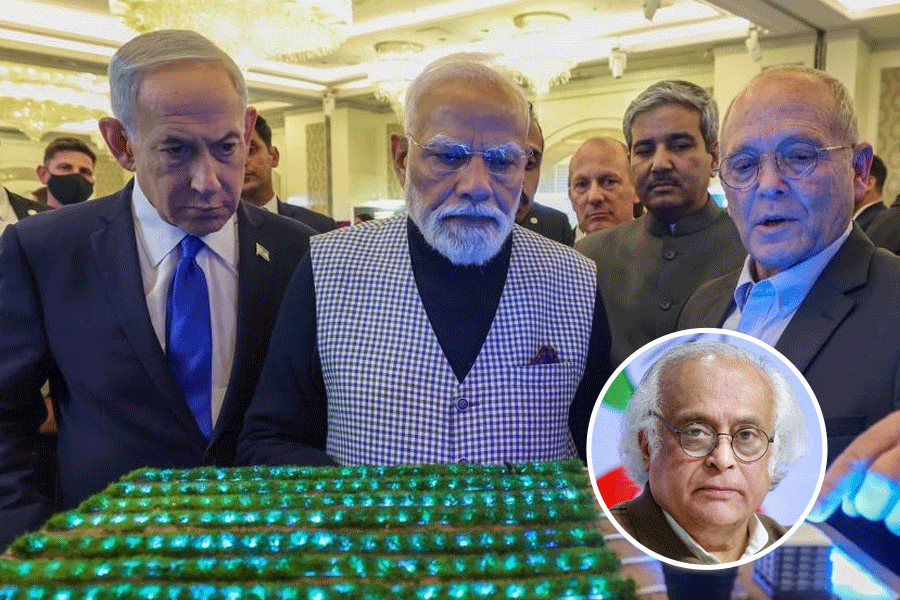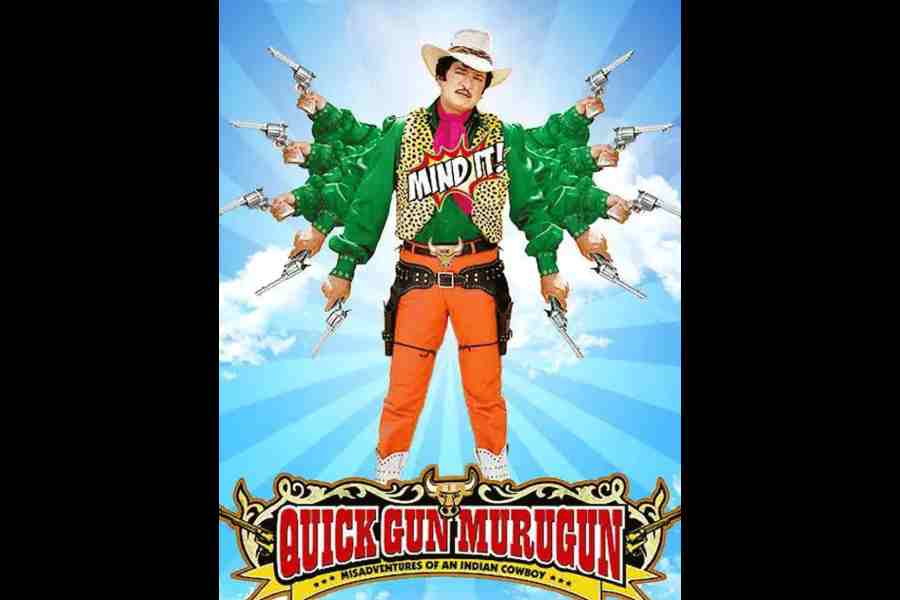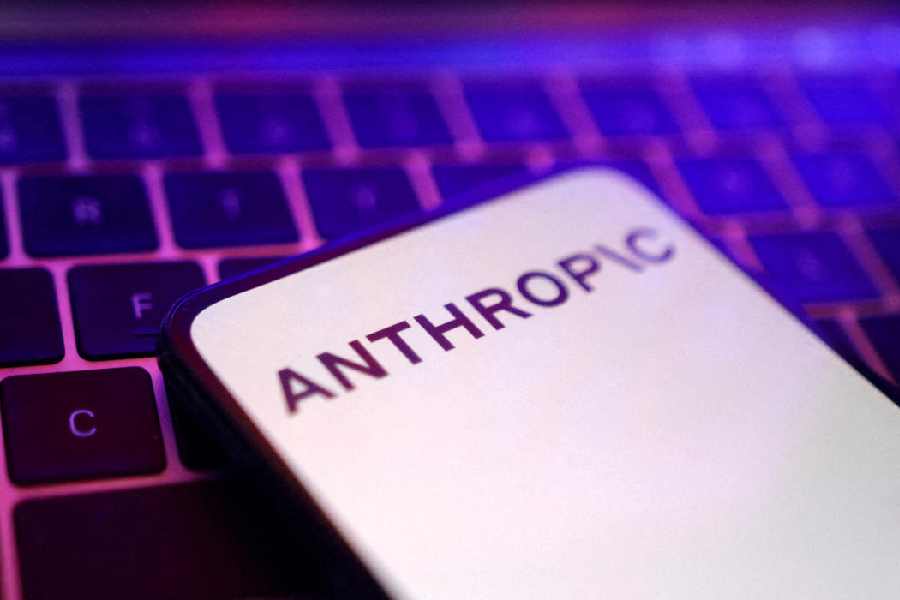The US has rolled out the red carpet for Pakistan’s powerful army chief, Field Marshal Asim Munir, the highlight of which was a working lunch with President Donald Trump, who hailed him as a peacemaker.
The lavish treatment for the man who promoted himself after the recent four-day war has raised more than a few eyebrows in Indian government circles.
“Fantastic man… I love Pakistan,” Trump told reporters, suggesting once again that he had personally defused a potentially catastrophic war between Pakistan and India. “I stopped the war between Pakistan and India.”
In Trump’s telling, it was a mix of personal diplomacy and trade pressure that convinced both nuclear-armed neighbours to de-escalate. “They are both nuclear countries. I got it [the war] stopped,” he said, just a day after Prime Minister Narendra Modi had spoken to Trump to set the record straight.
During the 35-minute call, Modi made it clear that the decision to end hostilities was initiated by Pakistan — not the result of any American pressure or mediation, according to foreign secretary Vikram Misri on Wednesday. He added that Modi “firmly stated that India does not and never will accept mediation.”
“Based on India’s readout of the Trump-Modi call, it seems like Delhi wanted to clear the air and set the record straight with Trump,” says foreign policy analyst Michael Kugelman, who focuses strongly on South Asia.
So why the Pakistan-US love fest? The word in Washington is that the US wants Pakistan to use its clout with next-door Iran and persuade the ayatollahs who lead the country to return to the negotiating table and abandon their efforts to go nuclear.
Trump laid on the charm with a trowel. “I was honoured to meet him [Munir] today,” Trump said. “The reason I had him here today was that I wanted to thank him for not going into the war [with India].” Then, hedging his praise slightly, Trump added: “I want to thank PM Modi as well. These two very smart people decided not to keep going with a war that could have been a nuclear war.”
But the White House added a zany touch to the entire lunch when a press officer gave away the game by telling the press that Munir got the invite after he proposed that Trump should be nominated for the Nobel Prize. This, in turn, led to loud speculation that Trump had wanted to bring Modi and Munir together over lunch for a photo-op that would strengthen his long-held ambition to be awarded the prize.
Trump had extended an impromptu invitation to Modi to meet him in Washington, as they were unable to get together at the G7 summit at Kananaskis in Canada. The invitation had triggered immediate speculation that Trump was looking to score a diplomatic coup by bringing Modi and Munir together in Washington.
Munir has been in Washington since the beginning of the week, though it isn’t clear whether he attended Trump’s first-ever military parade, during which troops shuffled through America’s capital. The event failed to attract the large crowds that had been promised by the White House.
Munir’s high-profile trip to Washington — including scheduled meetings at the Pentagon and State Department — comes barely three weeks after the India-Pakistan ceasefire. It has triggered a heap of conjecture both in Washington and Delhi about why the Americans are so keen to meet him at such a sensitive time.
Says Kugelman: “Senior US officials often engage with Pakistan army chiefs, but rarely is one hosted at the White House by the US president.” Other former army chiefs like Ayub Khan and Zia ul-Haq have held meetings with US presidents but only after they had taken over as rulers of their country.
What makes the warm reception even more startling, say analysts, is how sharply it contrasts with what Washington has said about Pakistan in the past. Trump himself has described Pakistan as a country that gives “nothing but lies and deceit,” and accused it of “harbouring terrorists” while taking billions in U.S. aid.
Yet, here was Trump, praising Pakistan’s top General over lunch.
Trump’s overtures to both India and Pakistan may be an attempt to reassert US influence in South Asia, position himself as the power broker, and perhaps bolster his Nobel Peace Prize ambitions, analysts say. But in wooing Pakistan’s army chief, he risks crossing some serious red lines for New Delhi. To Indian eyes, it may look like he’s flipping the board in favour of Pakistan.
Besides lunching with Trump — clearly the high point of Munir’s trip — the Field Marshal is also due to hold high-level discussions at the Pentagon and the State Department.
While India has long been seen as a strategic partner — particularly on China, defence and trade — the Trump administration’s enthusiastic embrace of Munir also comes amid what looks like a recalibration of regional strategy, re-engaging Pakistan’s powerful military as a tactical ally on Iran and counterterrorism.
Just a couple of weeks ago, General Michael “Erik” Kurilla, commander of US Central Command (Centcom), delivered startling praise for Pakistan’s role in the global fight against terrorism. He described Pakistan as a “phenomenal partner in the counter-terrorism world,” and emphasised that the US must maintain relationships with both Pakistan and India to promote regional stability.
“We need to have a relationship with Pakistan and with India,” Kurilla told US lawmakers. Additionally, Munir is expected to fly to Florida for meetings at Centcom, which is responsible for the South Asia region.
While Iran emerged as a key subject for discussion, it was not the only issue likely to have come up between courses of the working lunch. Negotiations between Pakistan and the US, say analysts, are likely to revolve around three or four key issues, including counterterrorism, China, cryptocurrency, and critical minerals.
Says Kugelman: “The Trump-Munir meet shouldn’t be seen only through the lens of the Israel-Iran war. There’s been US-Pak engagement on critical minerals, crypto and CT [counter-terrorism]. And Trump takes a deep personal interest in all these.”
Despite often fraught relations, Washington has long viewed Pakistan’s military as a key interlocutor in regional stability, particularly due to its influence in Afghanistan and its intelligence capabilities.
While Pakistan has, in recent years, moved very close to China, it's looking for ways to balance the two global superpowers and maintain its once-crucial ties with Washington. Says Kugelman: “Pakistan’s civilian and military leadership has, for quite some time, maintained that Pakistan is not in China’s camp and it seeks strong relations with both Beijing and Washington.”
Pakistan, for its part, would want Washington to put pressure on India over the Indus Waters Treaty.
Indian analysts believe Pakistan is playing a game it has perfected over the last two decades -- trading information about terrorists wanted by the US at crucial moments when it finds itself in a sticky position. Such information can, of course, be vital to the US fight against terrorism.
Currently, the US believes Pakistan can help it with information about the terrorist organisation ISIS-K, which is thought to have built bases in the border areas between Afghanistan and Pakistan. ISIS-K is at odds with Afghanistan’s Taliban government and therefore finds it safer to operate in Pakistan’s border regions.
Centcom’s Kurilla’s recent statements indicate that Pakistan may have handed over key intelligence. The General told US lawmakers: “We need to have a relationship with Pakistan and with India. I do not believe it is a binary switch — that we can’t have one with Pakistan if we have a relationship with India.”
Pakistan also announced plans a few weeks ago for a national cryptocurrency reserve, which appears to have won it many brownie points with Trump and his family. This could also be a possible reason why Trump entertained the Pakistan Army chief at the White House.
However, Pakistan’s cryptocurrency plans could be far from fruition, as it has to pass several laws and also get the country’s central bank — the State Bank of Pakistan — on board with the idea.
As for the critical minerals that might interest the US, such deposits are largely in interior and unsettled regions of Pakistan — not exactly accessible.
All told, Munir’s visit may have been a diplomatic win for Pakistan and a headline moment for Trump. In India, it may be a reminder that in diplomacy, control of the narrative is everything.











